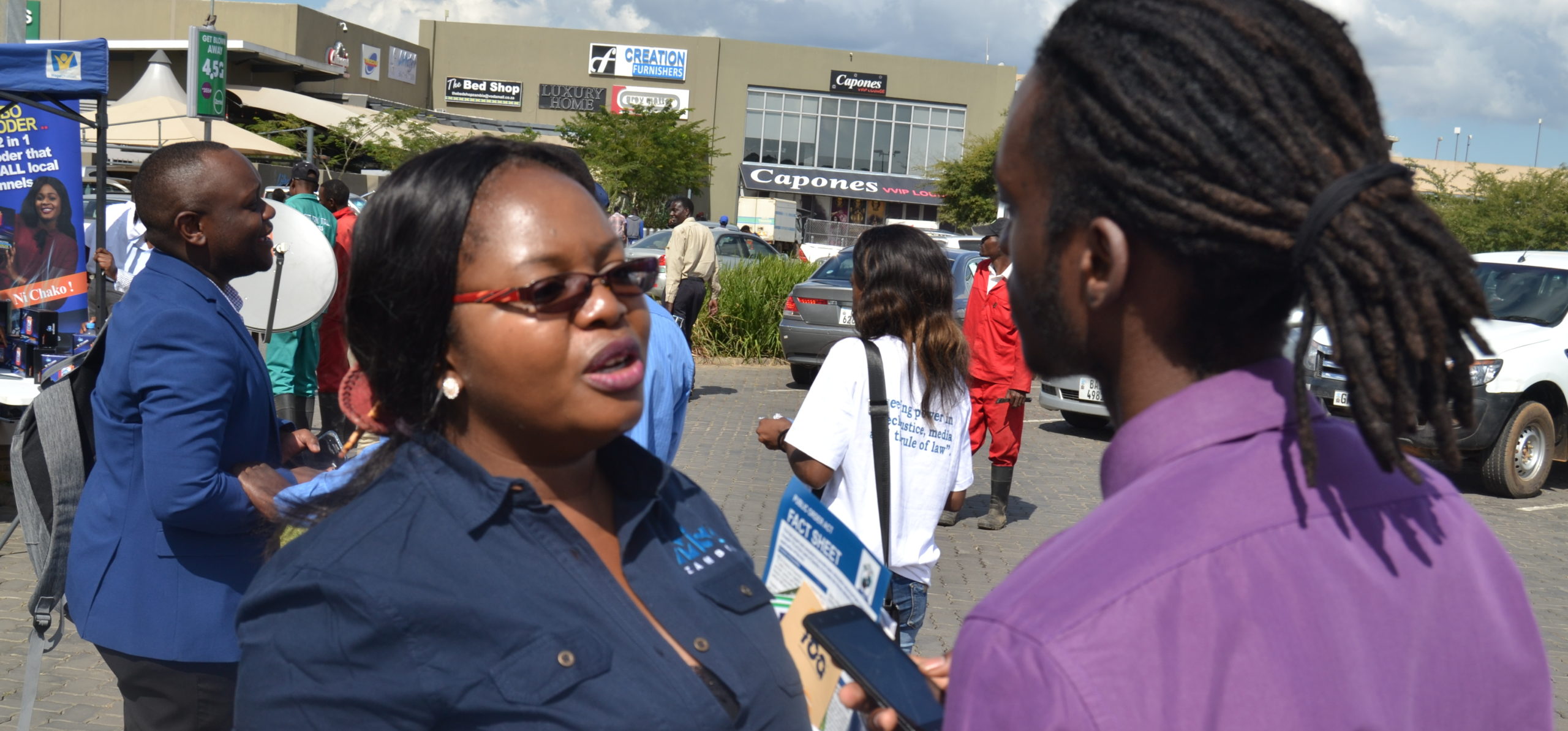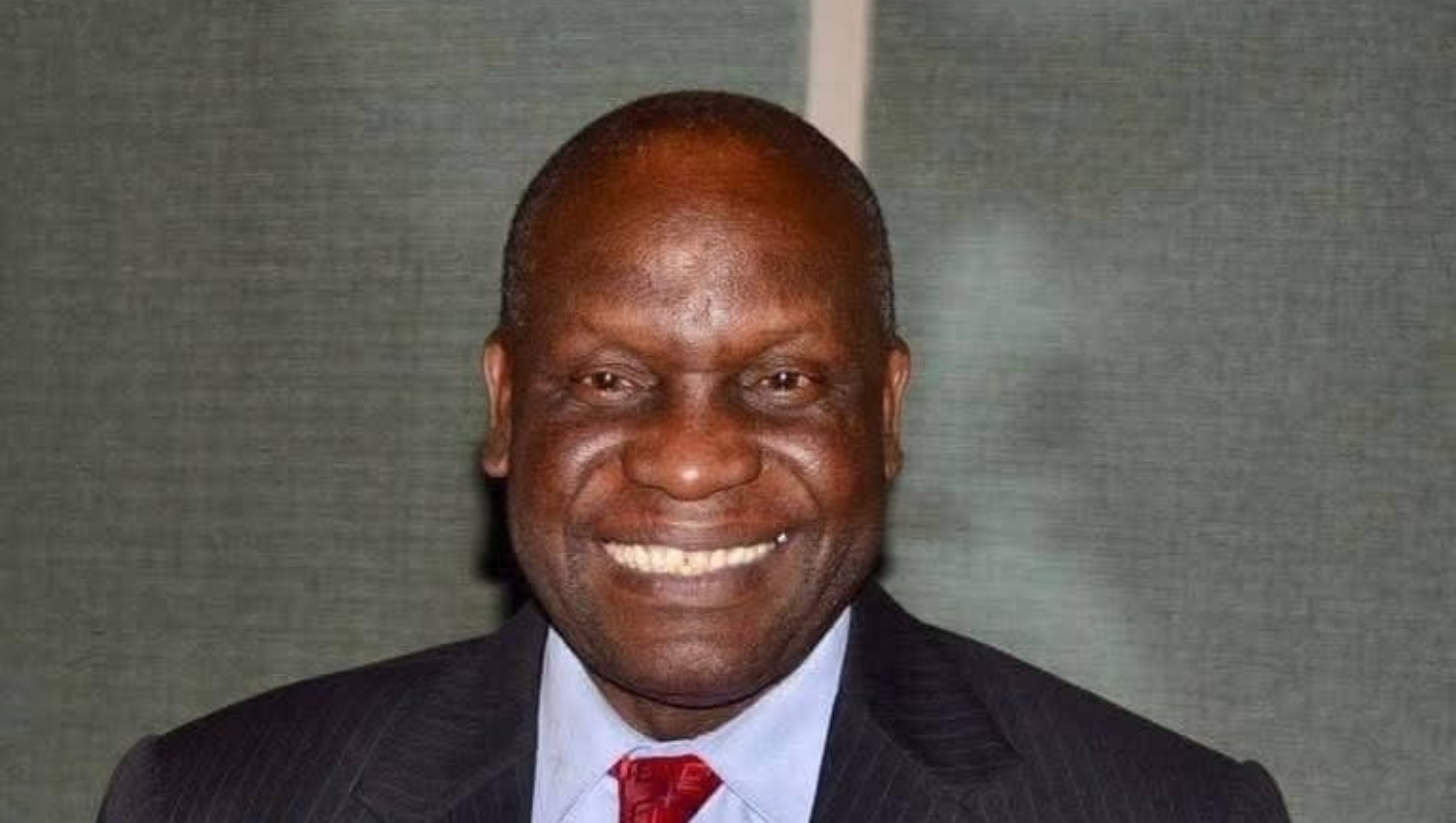MISA Zambia once again joins the rest of the world to commemorate the World Press Freedom Day which falls every 3rd May as a way of raising awareness of the importance of freedom of expression and press freedom in Zambia.
The organisation and its partners to add its voice to the advocacy for a better operating environment for the media and to open discussion on how enjoyment of the right to freedom of expression and the safety of journalists can be enhanced in Zambia.
It is as true that the media plays an imperative role in shaping public opinion and informing the public on various issues. It is the media after all which assists the community in making informed decisions by providing the public with information about the actions and opinions of their duty holders.
This year’s theme “Keeping Power in Check: Media, Justice and Rule of Law” sits well as pertaining to what is happening in Zambia where the media is under attack from state agents and political party cadres.
Journalism is one of the professions that is most exposed to threats. This constitutes not only a threat to qualitative journalism, but also to freedom of expression, and democracy. We must never forget that democracy thrives when a plurality of voices are heard. Unfortunately, many voices are under attack.
The right to freedom of expression is particularly important for journalists who should be free to express their opinions without fear of prosecution and provides for the right to seek, receive and impart information and ideas and is therefore considered as one of the major pillars of good governance.
MISA Zambia lauds the role of the media in the protection and promotion of human rights in Zambia by exposing human rights violations such as the violation of the right to life attributed to mob justice, human sacrifice as well as the right to property with the main focus on land issues. The media has also increasingly exposed human rights violations related to children, women and the elderly.
However, despite the universal recognition of press freedoms, the press the world over continues to face serious challenges especially regarding the enjoyment of press freedoms such as securing the safety of journalists who are sometimes victims of arbitrary arrests and illegal detentions; torture; murder; disappearances; extrajudicial killings and rape. The problem is compounded by the high prevalence of impunity for crimes against journalists. The media continues to face challenges in its work in many parts of the world, including Zambia
MISA Zambia notes that journalists in Zambia have faced some challenges as they exercise their right to seek, receive and impart information including reports of some journalists being subjected to inhuman and degrading treatment; and unlawful arrests. There have also been reports of journalists being denied access to news scenes and their equipment being confiscated, damaged or destroyed, as well as operating under poor working conditions.
The organisation has also noted with concern the growing incidence of low professionalism among media practitioners which has in some cases led to irresponsible, inaccurate and unbalanced media reports that have had the potential to excite and inflame rather than inform. The media should also always remember that media freedoms too come with duties and responsibilities which require them to practice responsible journalism at all times.
As we commemorate this year’s World Press Freedom Day, MISA Zambia calls upon all stakeholders to play their role in the enhancement of the enjoyment of the right to freedom of expression and the safety of journalists in Zambia. We call upon government to uphold its duty to respect, to protect and fulfil the enjoyment of the right to freedom of expression. Additionally, MISA Zambia urges security agencies to bring to book their personnel that violate rights of journalists and to make public disciplinary actions taken against them.
While we demand that media houses put in place safety and protection mechanisms for journalists assigned to cover riotous or dangerous scenes, there is need for journalists themselves to take primary responsibility for their safety by avoiding situations in which they are caught in the line of fire.
There is also need for Parliament and all stakeholders in the protection and promotion of human rights to review all media laws to assess their compliance with international human rights standards in order to implement law reforms that would improve the media regulatory environment and to expedite the process of expunging from the law books all press laws that have been nullified by the Courts of law.
Hellen Mwale,
Chairperson-MISA Zambia









